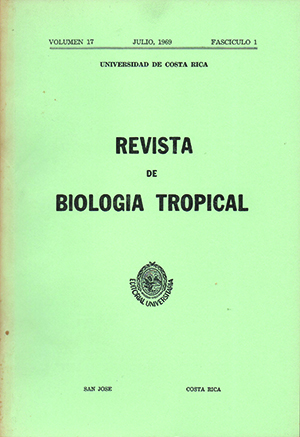Abstract
The immunology of nematode infections is reviewed. Most of the research has dealt with the immune responses which result in the inhibition of development and subsequent loss of adult infections associated with the administration of infective larvae to a resistant host, i. e., the effect of acquired immunity on the migration, development and establishment of the challange infection. The mechanisms by which the immunity of the host affects the parasites, however, is still not clear, but present evidence indicates that these mechanisms depend on humoral factors, with a secondary cellular cooperation. Acquired immunity, metabolic products as functional antigens, the "self-cure" phenomenon, and artificial immunity are discussed, and current research trends are reviewed. The need for studies yielding basic information on the mecha nism of nematode immunity is emphasized.






